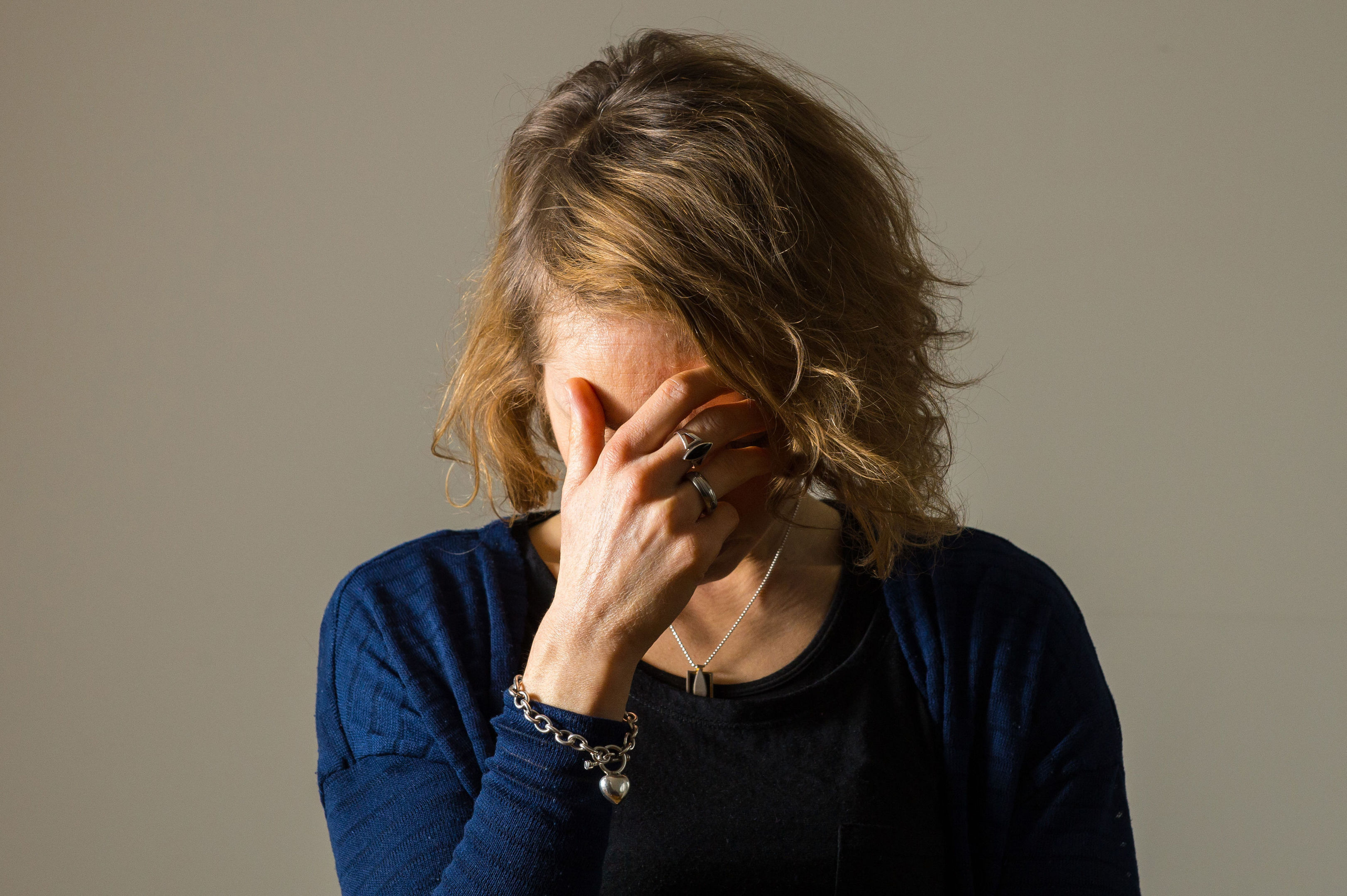
Mental health is an issue that cannot be ignored.
As clinicians working on the frontline, we know that people living in some of Scotland’s poorest communities have some of the worst health outcomes and life expectancy.
Those living in poverty are more likely to have a mental health condition such as depression, anxiety and especially schizophrenia, and may see their condition worsen.
Poor mental health can make earning and managing money harder.
And worrying about money can make your mental health worse. It can become a vicious circle.
Deprivation, poverty and its links to mental ill health are usually more prominent in our inner cities.
Although, with the recent the cost-of-living crisis we know that this will be affecting everyone, including those living within our rural communities.
In the most affluent areas of Scotland, men experience 23.8 more years of good health and women 22.6 more years of good health compared to those in the most deprived areas.
Adults living in the most deprived areas are approximately twice as likely to have common mental health problems as those in the least deprived areas.
There are twice as many GP consultations for anxiety in areas of deprivation compared to the most affluent areas of Scotland.
Most of my consultant career has been looking after people with severe and enduring mental illnesses such as chronic schizophrenia and schizoaffective disorder.
Those people with severe mental ill health have one of the lowest life expectancy rates – 20 years less than the rest of the population and the lowest rates of employment of any group. Financial hardship, unstable housing and debt have always been linked to people’s mental health.
We know the cost of living poses an enormous threat to people with mental ill-health.
It is often people who are living in our poorest communities who have the worst health outcomes and the shortest life expectancy.
Food insecurity fuel poverty, debt, loneliness and social isolation are a hard reality for thousands in Scotland.
And those with no history of mental health problems may develop those as a consequence of the cost-of-living crisis.
Poor mental health can also make earning and managing money much harder, and worrying about money can also make your mental health worse.
It’s disappointing that, over the course of the leadership election, there hardly any reference was made to mental health.
Now that the new first minister has been announced, we’d like to reach out and remind them that there is no health without mental health.
First, we had the pandemic, now the financial crisis – that’s why we would like to see funding for mental health services prioritised as we overcome yet another unprecedented challenge.
One thing is for sure – the already tight mental health budget will have to stretch even further if it is to keep pace with soaring inflation.
This is why it’s really important that decision-makers reverse the freeze for mental health budgets in 2023/24 and also focus on an increase in workforce, as we predict demand for these services, is set to soar.
Dr Jess Sussman is a consultant psychiatrist and policy lead for the Royal College of Psychiatrists in Scotland.

Enjoy the convenience of having The Sunday Post delivered as a digital ePaper straight to your smartphone, tablet or computer.
Subscribe for only £5.49 a month and enjoy all the benefits of the printed paper as a digital replica.
Subscribe